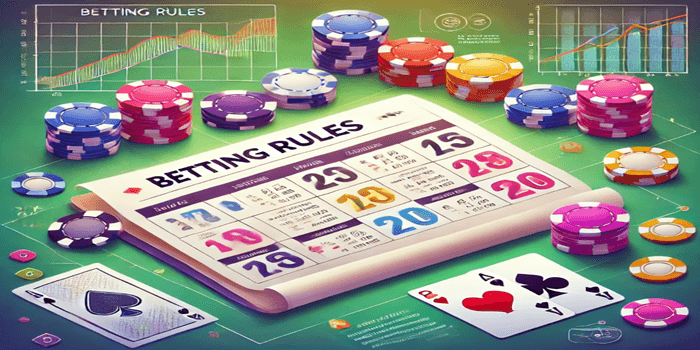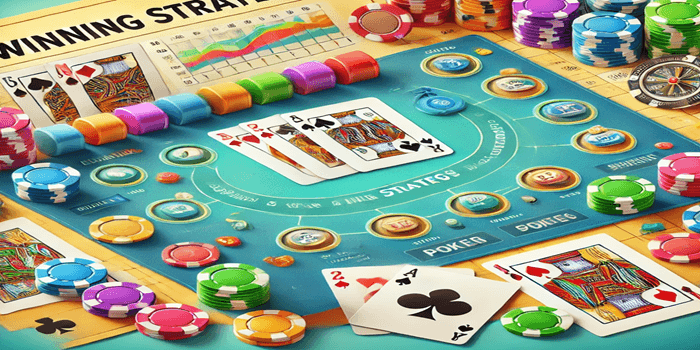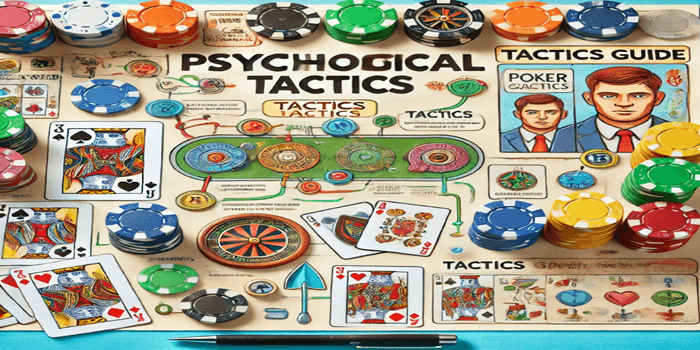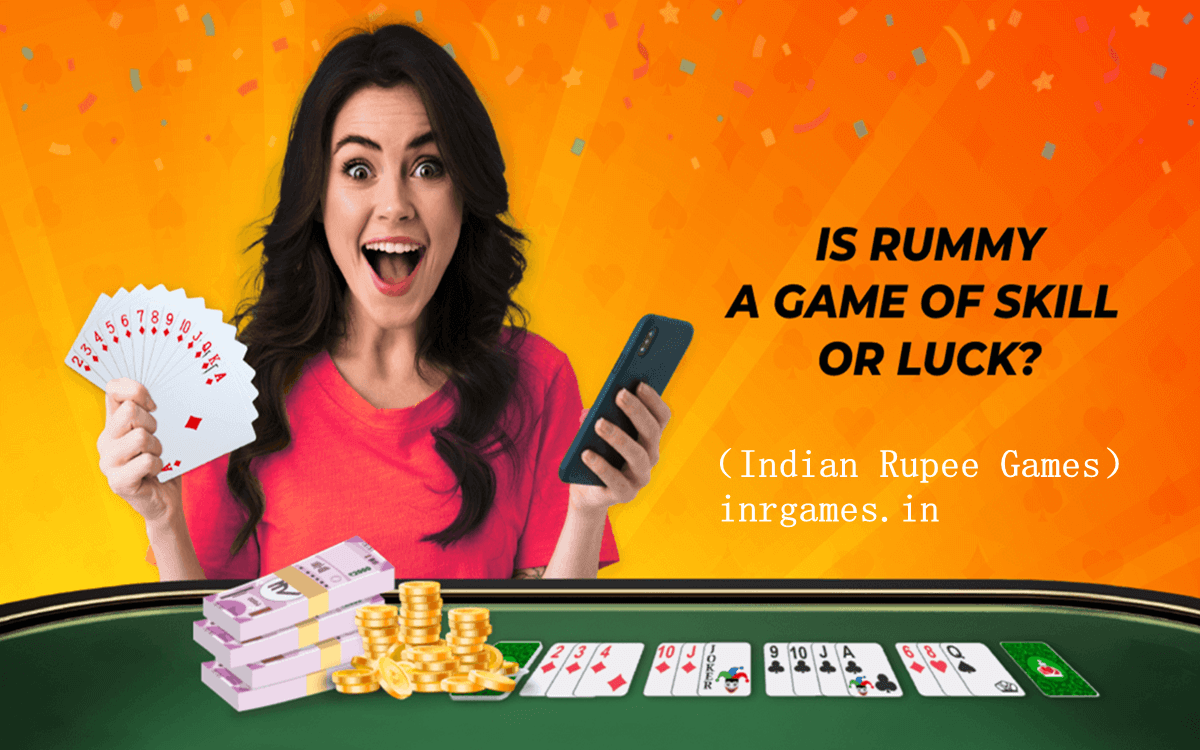3 Patti, also known as Classic Teen Patti, is one of the most popular card games in India. It has won the hearts of many players with its unique charm.
As one of the variants of Teen Patti, 3 Patti naturally attracts many players who explore its rules and strategies. Therefore, I will provide a comprehensive in-depth analysis of the game, covering various aspects such as game rules, winning strategies, and psychological tactics.
Game Rules
1、Number of Players: Generally, the game involves 3-6 players.
2、Deck of Cards: A standard deck of 52 playing cards is used, excluding the jokers.
3、Dealing the Cards: Each player is dealt three cards face down, known as "hole cards".

Winning Rules: Ranked by Hand Strength
1、Three of a Kind: Three of the same cards, such as Spades A, Hearts A, Clubs A (♠A, ♥A, ♣A).
2、Straight Flush: such as Spades A, Spades K, Spades Q (♠A, ♠K, ♠Q).
3、Straight: such as Spades A, Hearts K, Clubs Q (♠A, ♥K, ♣Q).
4、Flush: such as Spades A, Spades K, Spades J (♠A, ♠K, ♠J).
5、Pair: having two Aces and any other card, such as Spades A, Hearts A, Clubs J (♠A, ♥A, ♣J).
6、High Card: the highest card in the player’s three cards, such as Spades A (♠A).

Betting Rules: Open Betting and Blind Betting
1、Open Betting: When a player bets after looking at their own cards, it is called open betting.
2、Blind Betting: When a player bets without looking at their own cards, it is called blind betting. The amount bet by an open betting player is double that of a blind betting player. For example, if an open betting player bets 100 yuan, a blind betting player only needs to bet 50 yuan.
3、Fold: When a player gives up betting or calling, either after looking at their cards or without looking at them, it is called folding. Generally, folding indicates that the player is not satisfied with their cards and believes they have little chance of winning against other players, thus giving up the opportunity to win the pot.
4、Showdown: When there are only two players left, or at the end of the last betting round, all remaining players reveal their cards for comparison. The player with the highest hand (refer to section 2) wins and takes the entire pot.

Winning Strategies
1、After receiving your cards, if you have a strong hand (e.g., A, K, Q), it is more suitable to call or raise. If you have a weak hand (e.g., 2, 3, 6), it is better to fold.
2、Since the amount for open betting is double that of blind betting, you can choose to blind bet at appropriate times to put psychological pressure on your opponents and participate in more hands.
3、Use positional advantage to flexibly choose to call or raise. For example, if you are in the last position, you can see how many players before you choose to call or fold. The fewer players remaining in the game, the higher your chances of winning.
4、Controlling the pace of betting is extremely important. When you have a strong hand and there are many players, you can choose to slowly raise to induce other players to call, thereby accumulating a larger pot. Conversely, if your hand is not very strong, you can sometimes make a large sudden raise, which might scare off other players and win the pot. Note: Do not always bet in the same way to prevent opponents from understanding your strategy. Varying your betting style can help conceal your true intentions.
5、Pay attention to other players' facial expressions and betting patterns. Some players might exhibit unnatural actions or expressions when holding a strong hand, while others may only bet when they have a strong hand. You should be cautious with such players. Additionally, some players might frequently use strategic bluffs to gain an advantage.

Psychological Tactics
1、Always stay calm. No matter how the game progresses, do not let your emotions be affected by winning or losing, to prevent opponents from predicting your next moves.
2、When playing with strangers (ignore this with familiar people), you can pretend to be a novice and deliberately make some erroneous decisions to lure your opponent into underestimating you. Then, at a critical moment, make a surprising move, such as appearing nervous or uneasy.
3、Pay attention to your opponent's betting speed. Sometimes, taking a long time to think might be a cover for a strong hand, while quick bets could disguise a weak hand. Observing over multiple games can help you more accurately judge your opponent's true hand.
4、Use your opponent's emotional changes to strategically call or raise. Players who have lost a lot or are frequently bluffed often make irrational decisions.
5、habitual actions: Some players may inadvertently make small gestures when holding a strong hand. For example, during a live-streamed 3 Patti game, analysis revealed that some players would subconsciously grip their cards tightly with their fingers when having a strong hand, or lean their bodies forward. These subconscious behaviors indicate an attempt to protect their strong hand.
6、Testing psychological pressure:Use small bets and continuous raises to test your opponent's reactions. Then, observe their expressions, movements, and call speed to judge their hand strength. This can help you make wise decisions in the final round.

Advanced Tactics and Case Studies
1、False Hint Strategy
Pretend to calculate your own winning odds while also calculating your opponent's winning odds. Continuously tell your opponent what you think their hole cards are, distracting them from their own thought process and creating the illusion that your winning chances are high, thereby bluffing them. In a live 3 Patti match, one player used this tactic and eventually won the pot (though this kind of behavior can be quite off-putting).
2、Time Pressure Strategy
Knowing how to use time to pressure your opponent at the right moment is crucial. In a 3 Patti match, a professional player found himself hesitating between calling or folding. He deliberately delayed his decision and observed his opponent's reactions, eventually winning the pot. The reason was that during his hesitation, his opponent urged him to make a move. If the opponent had a strong hand, they would have given him more time to think (the opponent might be thinking: "Call, call, call"). The fact that the opponent rushed him indicated their hand was not very strong, so he ultimately chose to call and won the match.
